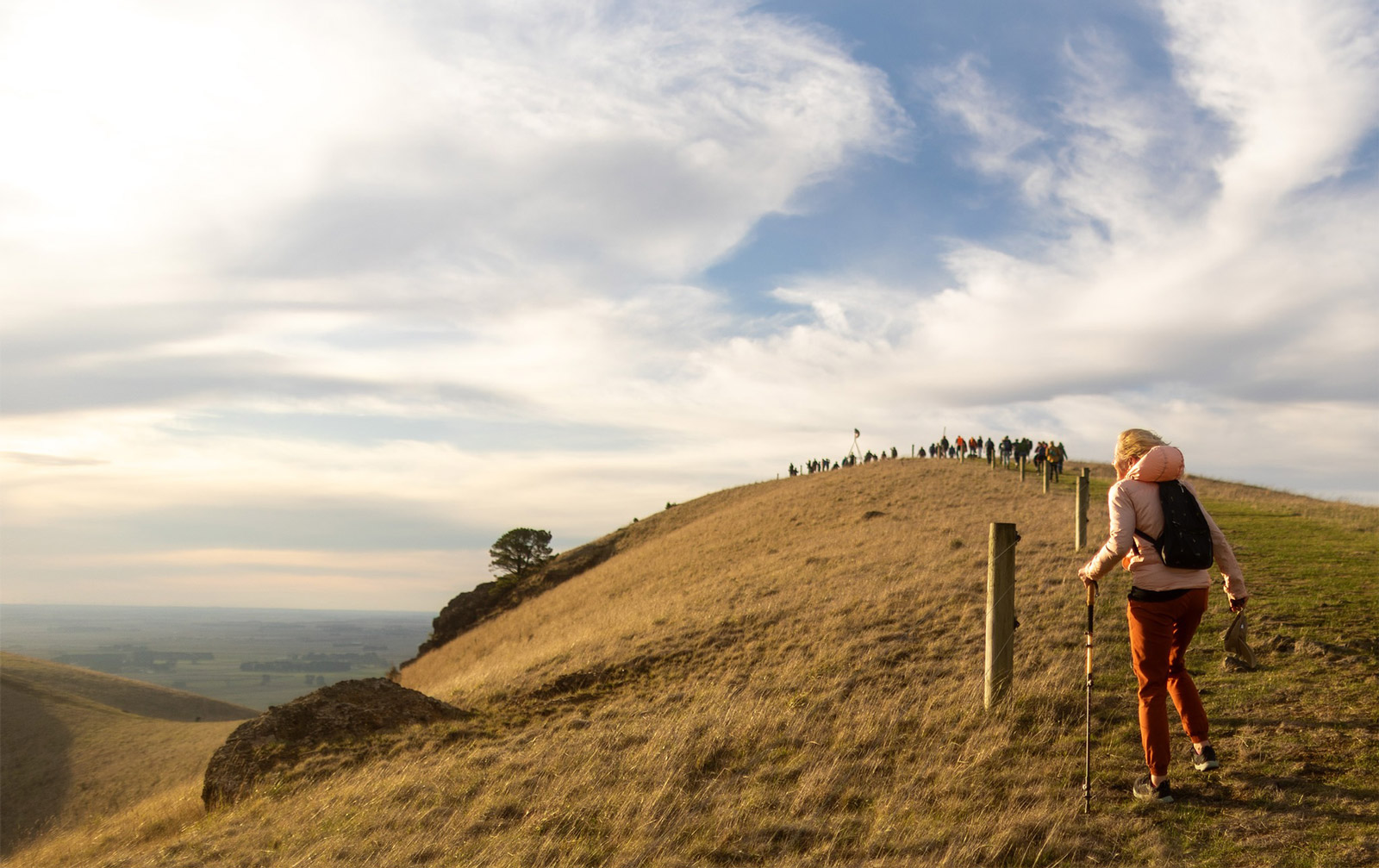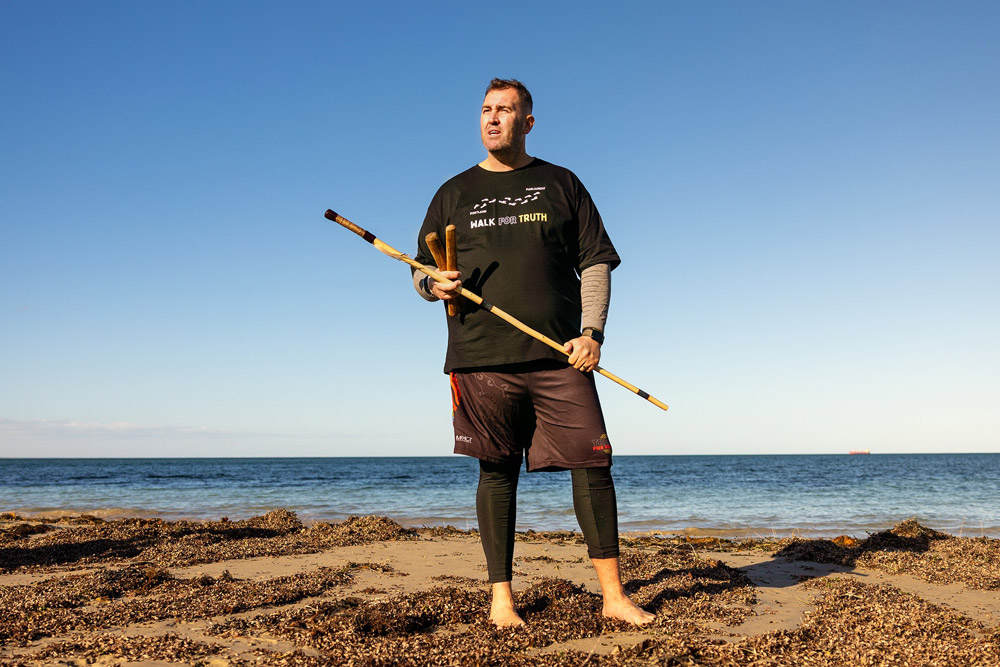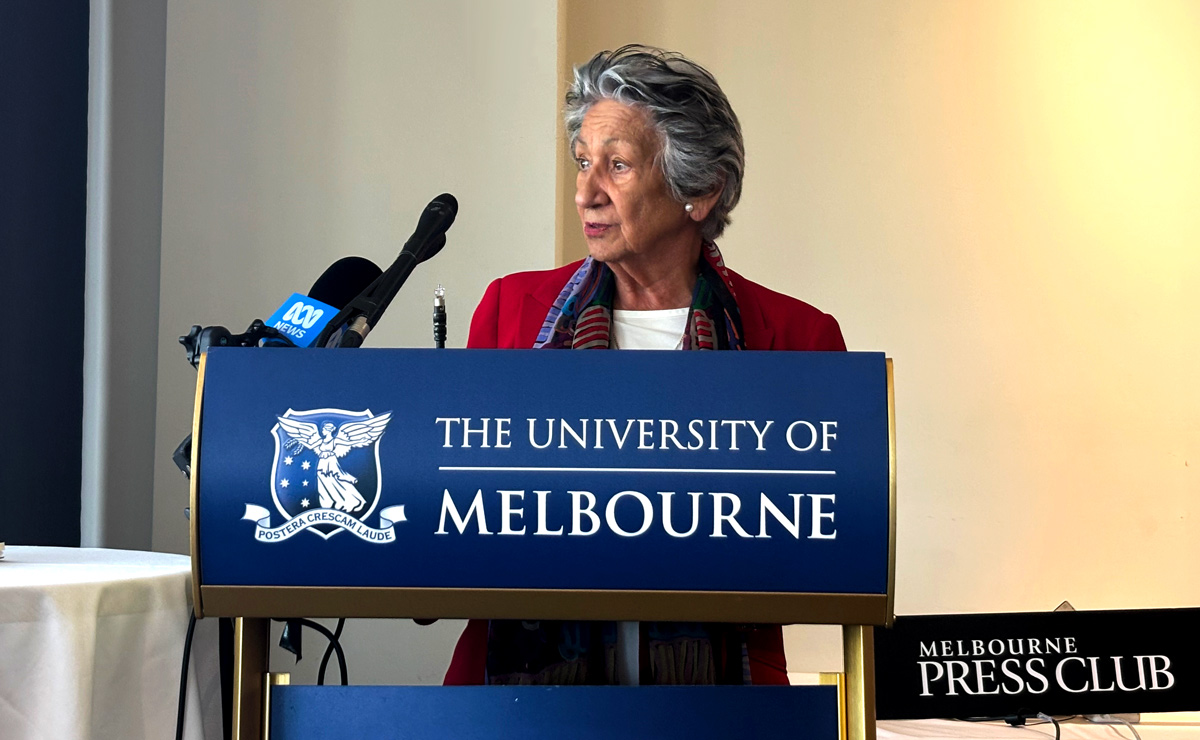My great-uncles went to war for Australia but returned homeless. It’s time to face the truth about Indigenous injustice
The Yoorrook Justice Commission will help Australians understand what happened when Europeans arrived and how it led to ongoing Indigenous suffering writes Commissioner Travis Lovett.
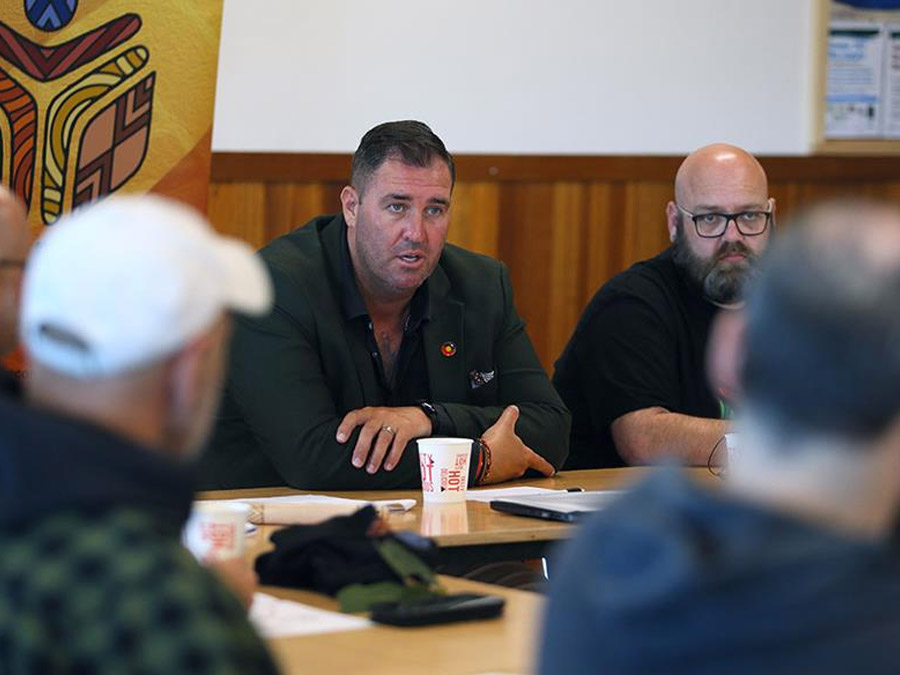
You might have heard of the famous Lovett brothers. They were my great-uncles. Five Aboriginal brothers who represented Australia in the first world war. Against the odds, all five came home alive.
When they returned, however, they continued to face racism and discrimination. While white soldiers were given parcels of land to farm, many Aboriginal soldiers had their land taken while they were away.
Despite this, four of the Lovett brothers enlisted for the second world war, as did my grandfather.
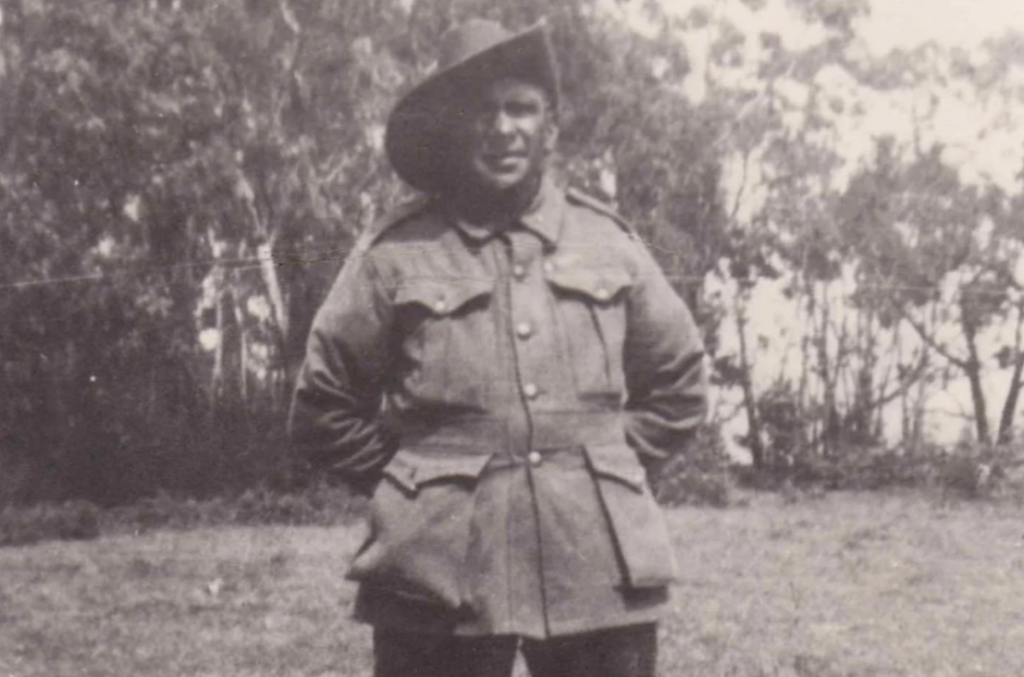
More than 20 Lovetts in all have served across every major conflict this country has been involved in. There is hardly any other family like ours.
But while we celebrate some Lovetts, I’ve also seen family members fall into crime, get locked up or have their kids removed by child protection.
We have all, in different ways, been affected by the ongoing legacy of colonisation and the trauma that passes across generations.
It’s a big part of why I applied to become a commissioner of the Yoorrook Justice Commission – Victoria’s formal truth-telling process and the first of its kind in Australia. Yoorrook is investigating systemic injustice faced by First Peoples going back to colonisation. This includes issues such as land, health, education, housing and economic and political life.
These systems do not operate in silos. My family is testament to that.
A child in unstable housing is more likely to end up in state care, which is a pipeline into the criminal justice system. That child is also less likely to finish school and more likely to experience health issues.
But the foundation of injustice faced by our people was the theft of land.
To understand this properly we must go back to the beginning.
In November 1834 Edward Henty arrived on Gunditjmara Country – my Country.
Henty was looking for land to run livestock. When he couldn’t get any in Lutruwita (Tasmania), he set sail for the mainland. Henty took enormous swathes of land – illegally under colonial law – and started Victoria’s first permanent European settlement. Henty’s arrival marked the end of life as my people knew it.
Our people were forced from their land, which they had cared for tens of thousands of years. We were forbidden from speaking our languages and practising culture and ceremonies. Many were slaughtered in massacres and frontier violence. Our population plummeted as the colony grew rapidly. Within five years of landing, the Henty brothers had 30,000 sheep and 500 cattle on our land. One of their managers poisoned our families by giving them poison-laced damper.
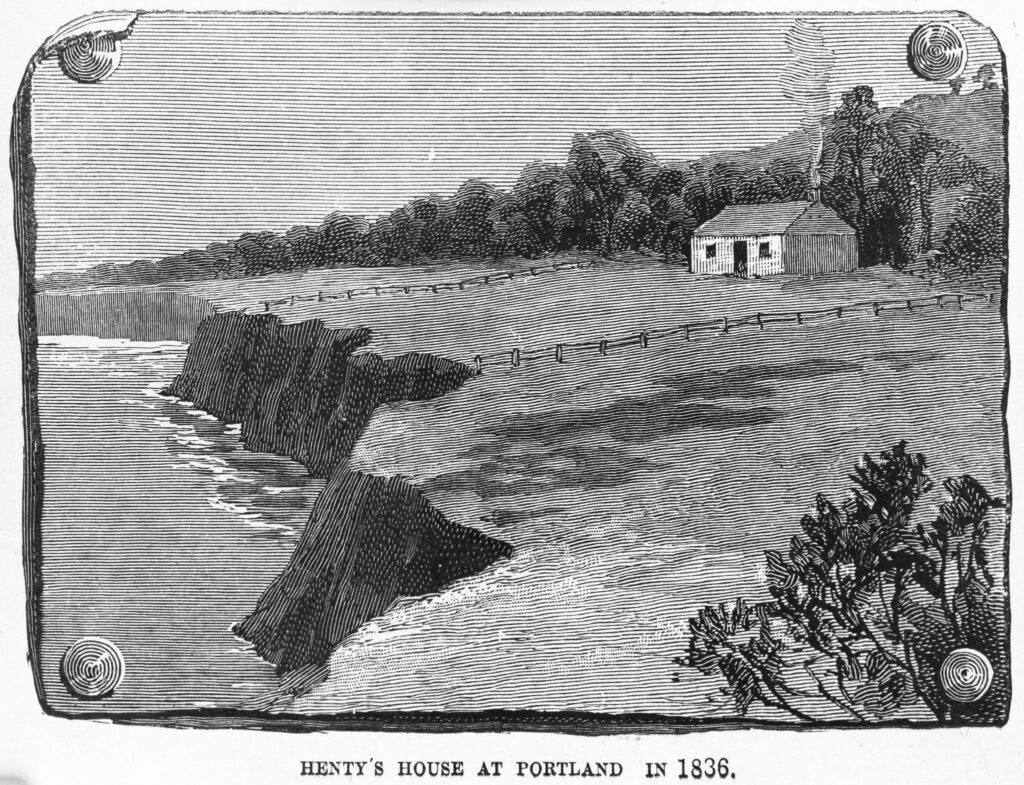
In the later years, the gold rush accelerated the land theft and harm to our people. Aboriginal people were moved on to missions and reserves as part of efforts to “smooth the pillow of a dying race”. That was until colonisers saw value in the mission lands and forced Aboriginal people to move again.
Laws like the 1886 Half Caste Act further controlled our lives. They denied “half castes” their Aboriginality and drove them off the missions to “assimilate” into mainstream society where they faced exclusion and racism. “Full bloods” were expected to die out.
These racist laws started the mass separation of Aboriginal children from their parents – the Stolen Generations. The dark legacy of this period continues today.
Aboriginal children in Victoria are about 21 times more likely to be placed in out-of-home care than non-Indigenous children. First Peoples are also more likely to enter the justice system, to be imprisoned, to experience housing insecurity and to suffer poor health.
There is an unbroken line of injustice that runs from Henty’s landing to today. It starts with the theft of land.
Land and water – Country – are everything to Aboriginal people. Our ancestors cared for Country for millennia. Country connects us to creation stories, song lines and trade routes. It’s where we practise culture, share language and undertake ceremonies. It is our source of food and medicine.
When my great uncles went to war, they came back homeless. Meanwhile the Hentys have been celebrated. A memorial commemorates Henty’s “discovery” of Portland. Roads, buildings and a town bear his name. The Visit Victoria and State Library websites both have pages dedicated to celebrating the family without mentioning their impact on Aboriginal people.
We can’t move forward until we reckon with this past. We all need to understand what happened when Europeans arrived and how this continues to impact on First Peoples.
Everyone can play a part – by listening to the evidence; by sharing stories of injustice or strength; by getting behind the transformational change needed to end the injustice once and for all.
Yoorrook is putting the true history of these lands we all love on the public record. We are recommending changes to right the wrongs of the past and address the ongoing injustice. Working together, we can build a better future for First Peoples and all Victorians.
Travis Lovett is a Kerrupmara/Gunditjmara man and a commissioner of the Yoorrook Justice Commission.
This article was first published by the Guardian on 2 January 2024.
